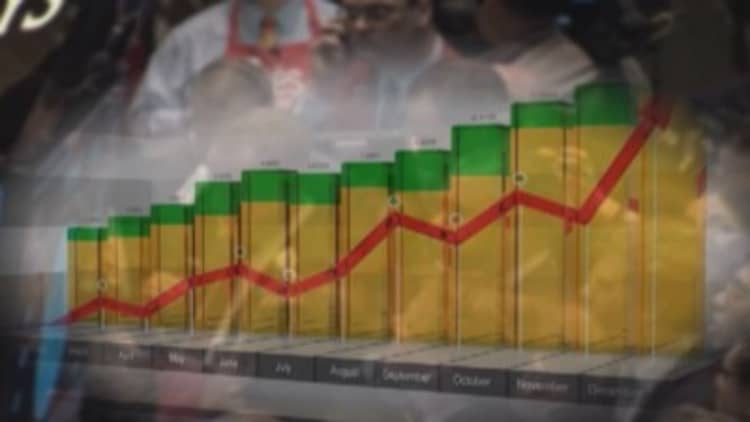
That 401(k) plan is designed to help you save for retirement. When you take money out of your 401(k), you not only deprive yourself of future earnings but you also owe taxes. Early distributions are also hit with an additional penalty. However, if you absolutely need the money, withdrawing from your 401(k) plan may be your only option. These tips will help steer you through the process.
Basically, you have two ways to use 401(k) assets for an emergency: Take money out permanently or just borrow the cash. On permanent withdrawals, you will pay regular income taxes, presuming all the contributions in the account were pretax. You'll also likely pay a 10 percent early withdrawal penalty on the money if you are younger than 59½.
If you intend to pay back the money you take from your 401(k), consider a loan instead of a withdrawal. The IRS allows you to borrow up to $50,000 or half the value of your account, whichever is less, although your employer may or may not allow loans. The benefits of a loan are that you don't have to pay taxes or penalties on it, and you pay back the interest to your own account.
While some financial advisors will guide you through the process, others are dead set against tapping into your retirement money.
"Borrowing from your retirement plan for any reason—no matter how serious that reason may seem to you—will hurt you in the long run," explained Ric Edelman, founder and CEO of Edelman Financial Services. "It's a sure way to destroy your retirement savings and put you at risk of having a lot less money than you had planned for in your golden years."
Certified financial planner Geri E. Pell, CEO of Pell Wealth Partners, discusses the proper way to make a 401(k) withdrawal.





